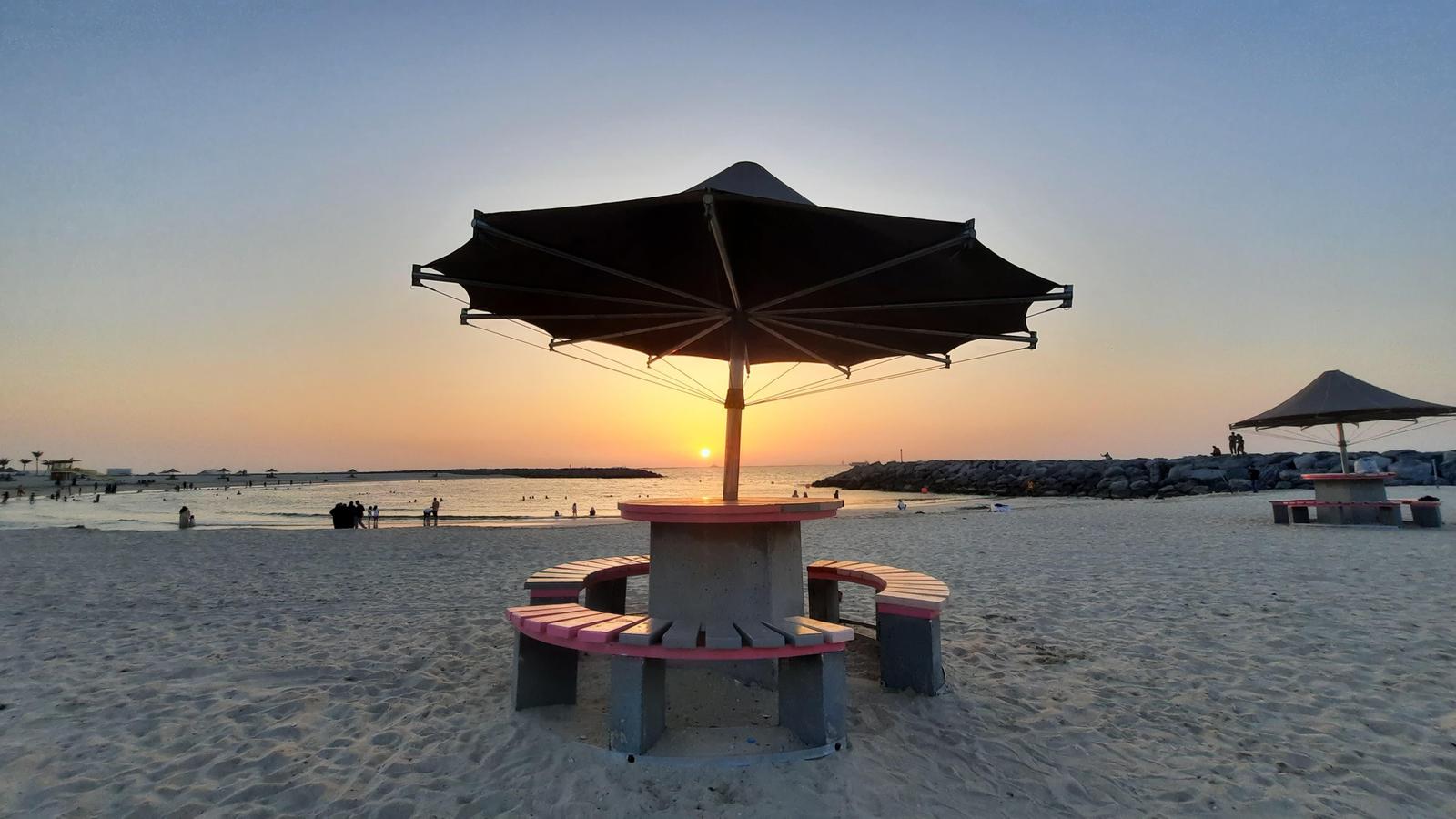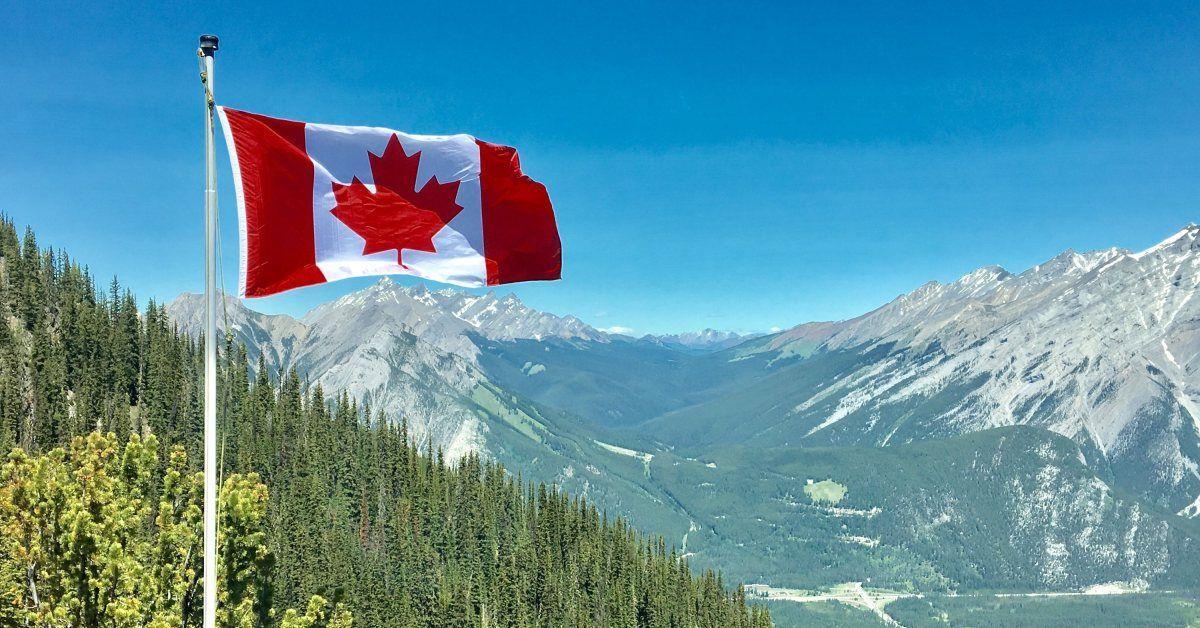Elections are coming up in Britain. Nearly 1.5 million Bangladeshi's live in UK now. But very unfortunately, in the manifestos of the two major parties, Labour and Conservative, there are no Bangladeshi related issues included anywhere in the overall vote bank calculation. Never was.
Bangladeshi's, especially the Sylhety people's, has passed one hundred years as a community in Britain. Compared to Indians, Pakistani & other South Asians, and many other ethnic minority communities living in the country, Bangladeshis are lagging behind in terms of education, employment, mainstream politics, and even health. However, in recent years in Britain, Bangladeshis have spread the light of success in education and research.
Thousands Bangladeshis are working with great reputation in the health, education, restaurant, and public transport sectors in Britain. The participation of our new generation is growing slowly in British mainstream politics.
The fourth generation of thousands of Sylhety families continues in Britain. There are 600 parliamentary seats in the House of Commons. There are only four British Bangladeshi MPs among them. At least four-thirds of the fourth-generation expatriates are originally from Sylhet. But there are only two MPs from Greater Sylhet in the current British Parliament. All four MPs of Bangladeshi origin belong to the Labour Party. All are women. Our women are more successful in politics in the UK. All four of the current MPs are second-generation British Bangladeshis. The community of Bangladeshis has been established in the country for a century. The residence of Indian Pakistanis is also centuries old. British Pakistanis went to the British Cabinet. Sadiq Khan, the repeatedly elected mayor of London, is also of Pakistani descent. The current Prime Minister of Britain is an Indian Briton. There are 15 MPs of Indian origin in the current Parliament of Britain. There were three British Indian ministers in the Parliament of the current government. This number will increase if the Labour Party comes to power in the upcoming elections.
2
British Bangladeshis have not got a minister in Britain yet.
Apart from the two seats in East London, Britain's policymakers have no other place in the country to judge the outcome and impact of the Bangladeshi votes. British Bangladeshi's far behind in mainstream politics because our community was not careful because of the lack of foresight of the previous generation and the ego and jealousy of the current generation.
Far from being independent in the upcoming elections, there is not a single British-Bangladeshi MP candidate in the entire country who has won an election from the Conservatives or any other party except on a Labour nomination. Now, if the Labour Party comes to power, there is a possibility that at least one of the Bangladeshis will get a place in the British cabinet between the current four-time MP Roshanara Ali and the three-time MP Tulip Rezwana Siddique.
In Britain, if a candidate of Indian or Pakistani origin is nominated by any major party, the natives of that country spontaneously come forward to campaign with their own labour and their own money. They don't get divided on the issues of who they belong to in their country or who they believe in, and they don't spread division in their own community.
But, at the same time, we have to admit with shame that Bangladeshis are the main obstacle to the advancement of Bangladeshis in British politics.If a Bangladeshi has the opportunity to go to the House of Lords or the House of Parliament, it is the social negative trend of the community of 15 lakh people to prevent him from campaigning for a different country's candidate, slandering the candidate's personal and family life, and writing complaints. People who wanted to give moral leadership could not come out. Most people are disappointed with the practice of dragging behind someone who is ahead rather than pushing someone forward in the country.
Rushnara Ali has to face some Bangladeshi candidates who come to oppose only for the sake of opposition in every election. A group tries to use religion as a tool in the race for the pass vote. They use faith and rase as a political tool.
Apsana Begum was most publicly active in preventing Afsana Begum from receiving the Labour Party nomination twice, with some British Bangladeshis from her own party in her parliamentary seat. In the previous elections of Tulip Siddique, we saw with our shameful eyes the leaders and workers of the United Kingdom Committee of the BNP in this country campaigning for the candidate of the Conservative Party just to oppose Tulip. To do a photo session.
A large number of Bangladeshis live outside Tower Hamlets in Camden, London, Oldham, and Birmingham, outside London. Since there are thousands of conscious voters of their own country in these seats, there was a chance to get elected MP of Bangladeshi origin long ago. It did not happen, only because of the lack of unity in the Bangladeshi community. The youth complained of the negative trend of socially discouraging the new generation in politics rather than encouraging them.
Even after living abroad for many years, the slander of opposition to domestic politics and not being able to unite on any issue of public importance have left Bangladeshis behind in Britain's mainstream politics. As long as we do not get out of the culture of support and opposition for the regionalization of the country's village and union level in local government councillor elections in this country, until we can't get out of the culture, relative people will not be able to reach mainstream politics.
Hopefully, in the midst of this negativity of breaking the journey of others by cutting off one's own nose, the participation of the new generation of Bangladeshis in British mainstream politics, councillors, and local government elections has increased more than before. Last year, British Bangladeshi Ismail Uddin showed surprise by being elected as a councillor at the age of 19 in independent elections without the support of any party. The participation of Bangladeshis in the posts of garlanded mayors in councils without voting has increased. Still, the participation rate of Bangladeshis as major party candidates in general elections is much lower than that of Indians and Pakistanis.
In the two general elections of the 1990s, four candidates of Bangladeshi origin were shortlisted for the Labour Party nomination for MP in the East London seats of Bethnal Green and Bow. They are the late Jahangir Alam, Councillor Rajan Uddin Jalal, Paula Manjila Uddin, and Kumar Murshid. The late Jahangir Alam and Councillor Rajan Uddin Jalal were left off the shortlist twice. In Britain, the men of the Bangladeshi community have lost many potential politicians by leaving the party without getting a party nomination, opposing party ideology, supporting the candidate of the opposition party, and changing parties again and again.
Roshanara Ali is the MP of Bangladeshi populated area, but after being an MP in the Labour safe seat four times, she has little contact with the common people except the election time. Another MP of Bangali para, Apsana, is the youngest among the MPs of Bangladeshi origin, but she continues to interact with the Bangladeshi common people in this country by participating in various social events. Tulip Siddiq is the most promising of her generation in Britain's Labour Party, a smart politician who has won hotly contested seats with personal charisma. Rupa Haq, the child of a noble family in Pabna who came from university teaching to politics, keeps herself busy in her constituency.
Dr. Anwara Ali, MBE, is a former Conservative MP and executive mayoral candidate. Dr. Anwara also served as a local government councillor and cabinet member in the London borough of Tower Hamlets from 2006–2010. Currently, she is the chairman of the British Bangladeshi Young Conservatives.
This time, many opportunitists are leaving the Labour Party and becoming independent candidates, using the Palestine issue.
The major point of crisis is, In the field of politics in the UK, the Bangladeshi community hasn't yet gotten a political leader who can be imitated, who can be an example as an idol, and who can be an example to the new generation. Which is true in many other ethnic minority communities. Apart from the voting season, he introduced himself as a proud representative of the Bangladeshi community, standing by the people of the community in any issues who would be encouraged by the new generation to build a career in mainstream politics in Britain, a huge void in that place.
Mayor Lutfur Rahman is a magician of poll politics in Tower Hamlets as Mayor and Councillor. There was controversy surrounding him. Also, as a charismatic politician, he had every possibility of at least becoming an MP. No one in Tower Hamlets knows how to retain ordinary voters better than he does. But he likes to see himself in the chair of the executive boss as a mayor of Tower Hamlets rather than an MP-minister. It is not visible that leaders like Lutfur Rahman try to create worthy leadership for the next generation in their long political lives.
Former Deputy Mayor Ohid Ahmed, who has given the most time to the activities of the Bangladeshi community in Britain, has served as a deputy mayor and achieved the nomination of MP from the Labour Party a few decades ago. Ohid Ahmed is the least controversial and relatively reserved man of his age among mainstream British professional politicians born in Bangladesh. The responsibility of the public expectation of meeting the problems and demands of several lakh people in the community who came from the country was, and still is, on these two.
3
In the run-up to the election, the promises made by the two major parties for immigrants did not really bode well for the immigrant communities, including the Bangladeshis. The Bangladeshi community is now facing various crises, including the council tax, electricity, gas, water, and housing price crises. As millions of British Bangladeshis of the new generation cannot read and write Bengali, the place for learning Bengali in Britain is gradually shrinking.
In many of our families, our children do not want to speak Bengali, even at home. The institutional space of the crisis has become visible as schools teaching Bengali have been closed by the government on the pretext of a lack of budget. Sadly, there is no planned and coordinated effort by our politicians to raise the barriers to progress in the health, education, culture, and livelihood of Bangladeshis at the policy level in Britain.
There are hundreds of Bangladeshi community organisations in Britain. The 50-year-old community organisations are being torn apart for selfish personal reasons, spreading division. Britain's election is just two weeks away. But, so far, no organisation of the Bangladeshi community has made the slightest effort to raise the main problems of Bangladeshis in the election pledges of the major parties in Britain.
Let us work together for the seats where Bangladeshi candidates are likely to win in the upcoming July 4th elections. Strengthen the base of the Bangladeshi community in Britain through a suffrage campaign and a leadership election. The Bangladeshi community will be strong if only Bangladeshi identity can unite Bangladeshis in all seats beyond political divisions like parties. May the chapter of the Bangladeshi community shine brightly in the sovereign journey of a traditional nation-state like Britain. In Britain's mainstream politics, in Parliament, and in the Cabinet, British Bangladeshis should be able to proudly hold up their British identity as well as their Bangladeshi roots.
--
Munzer Ahmed Chowdhury, originator and publisher of Daily Dazzling Dawn

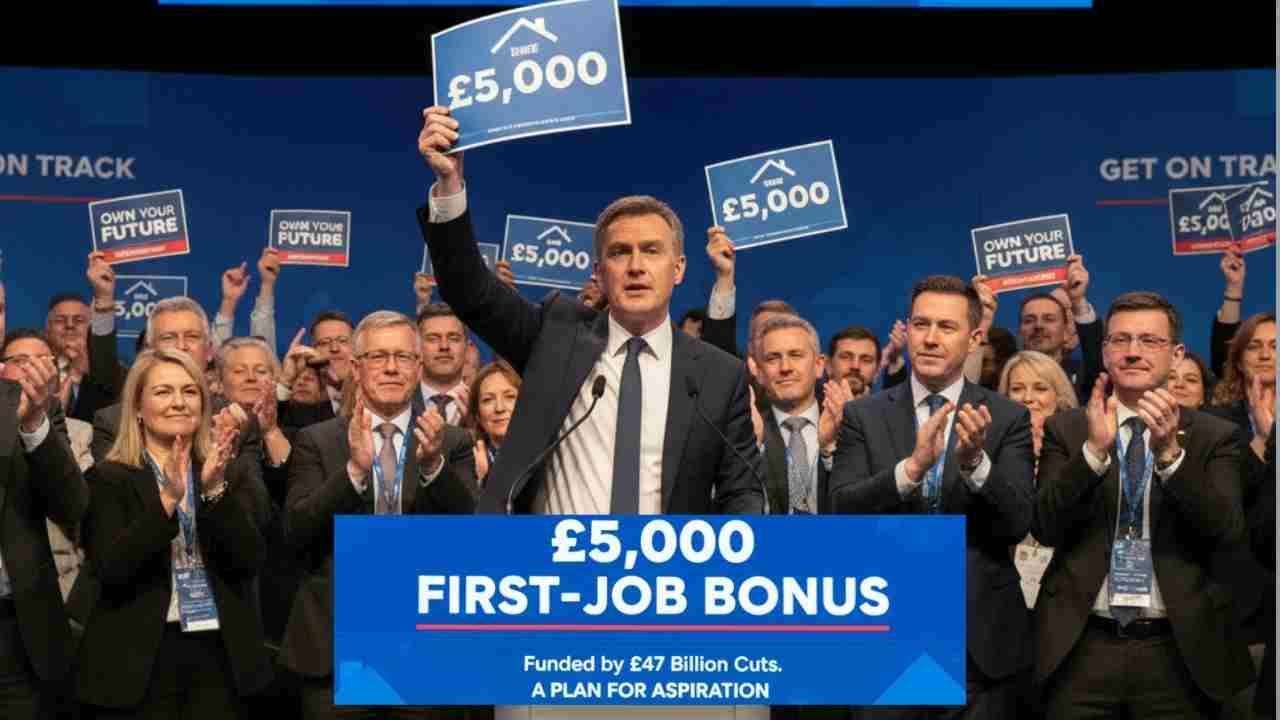
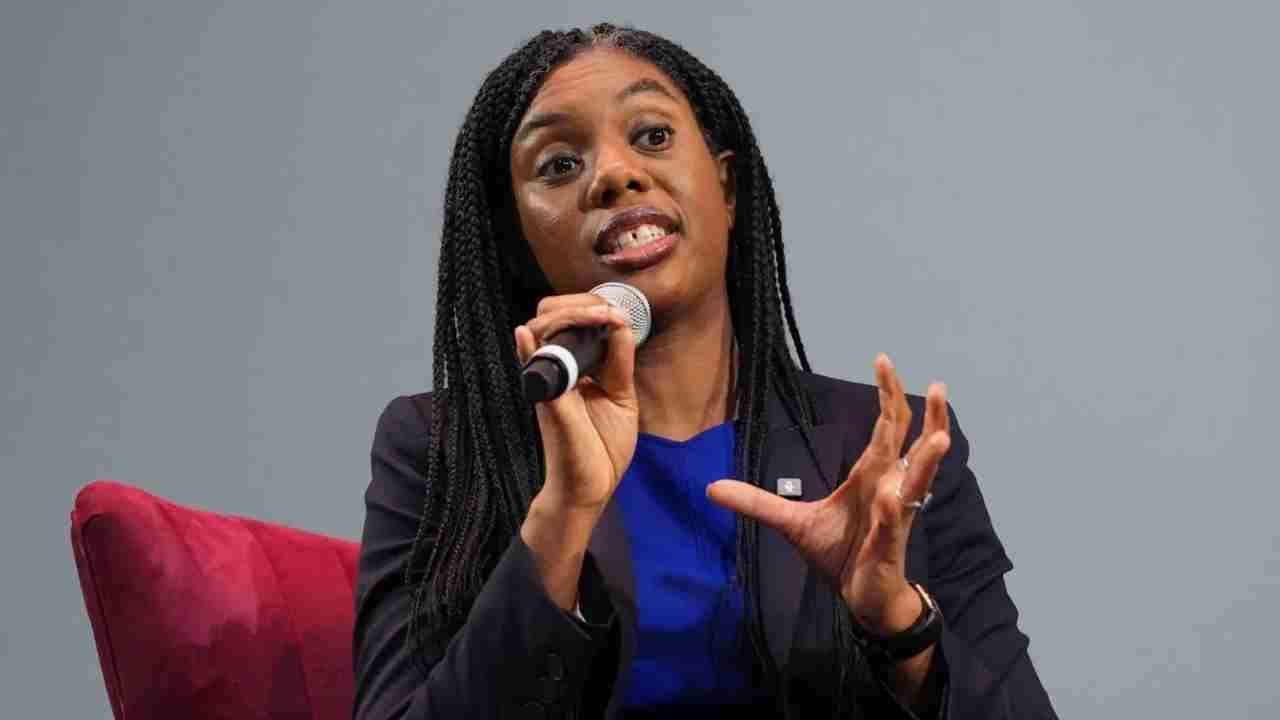

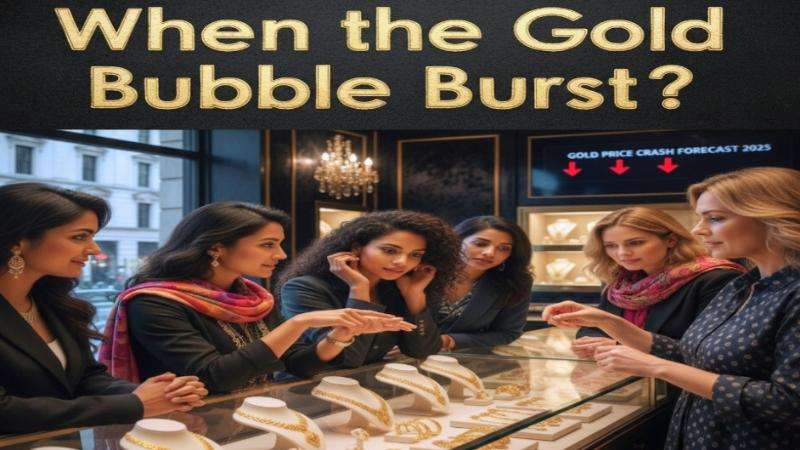

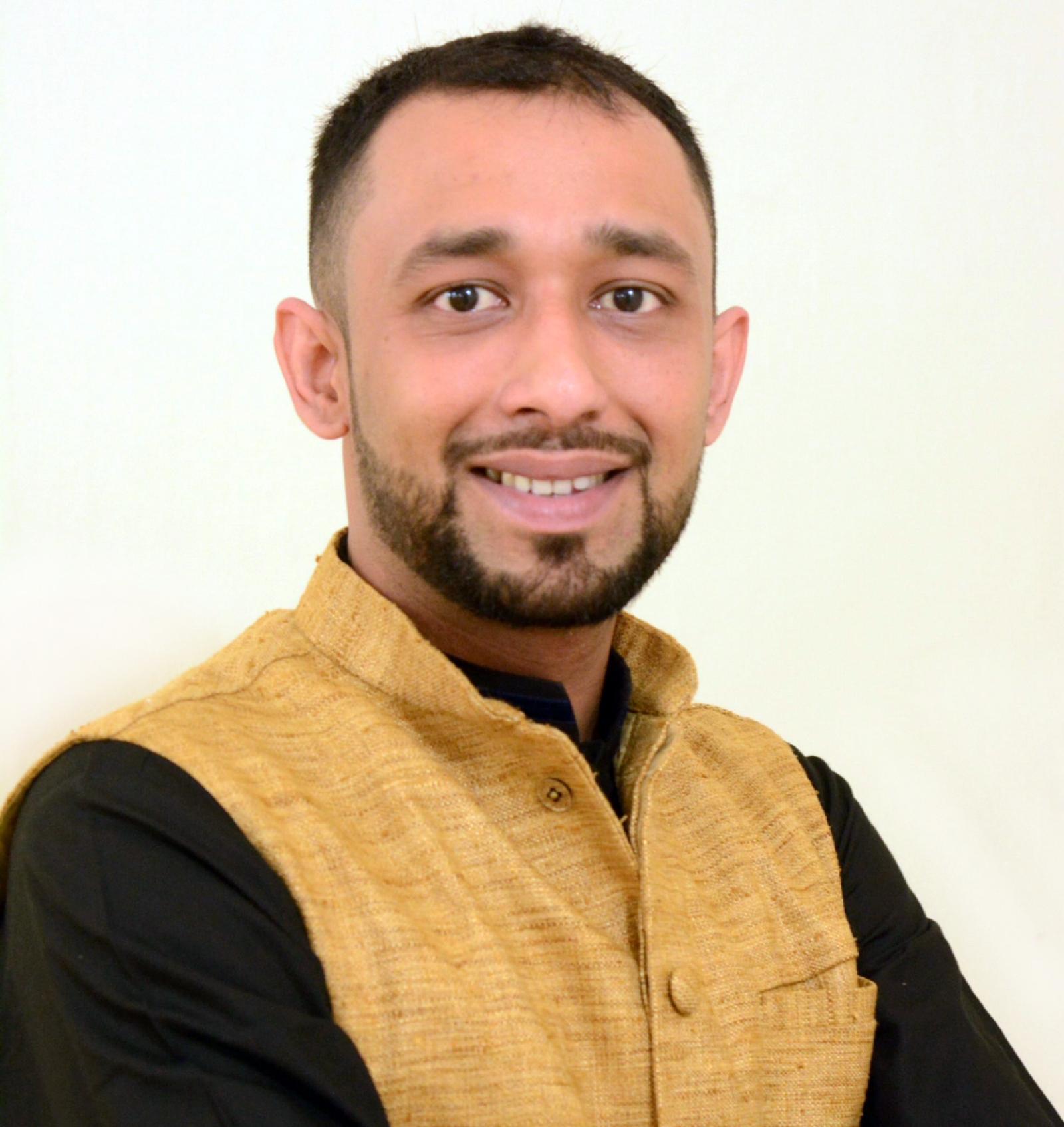
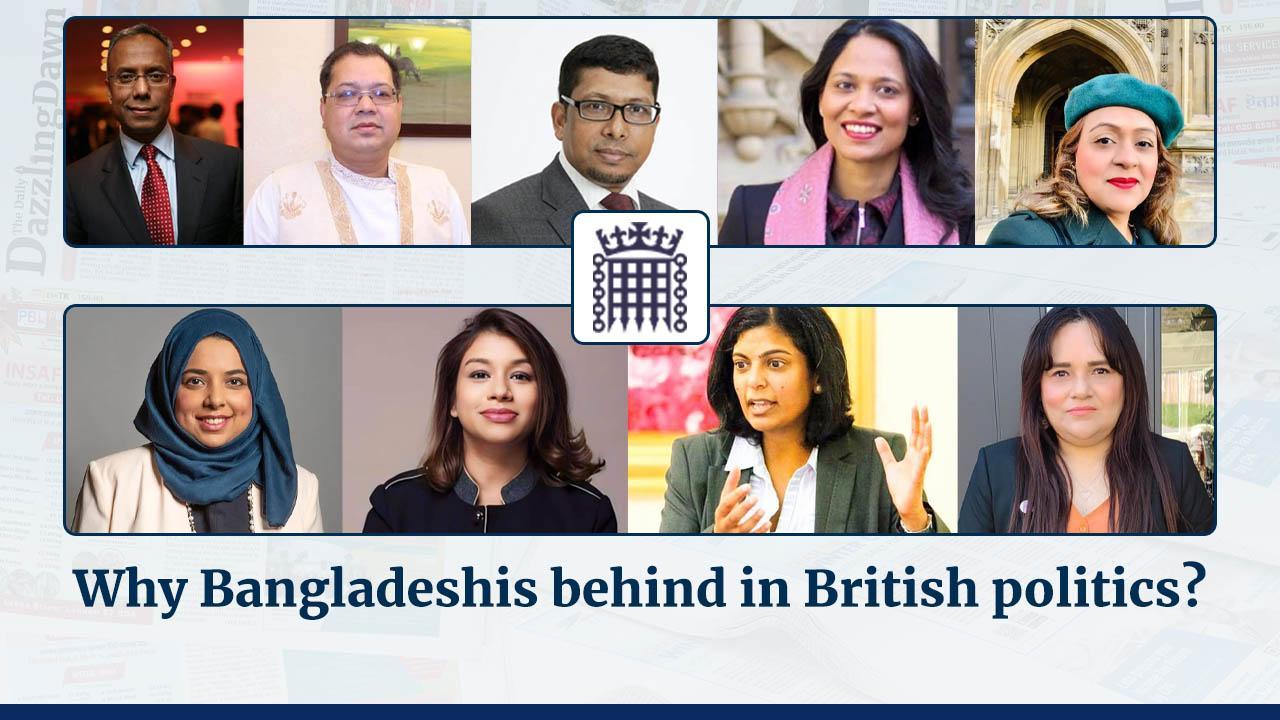
.svg)

